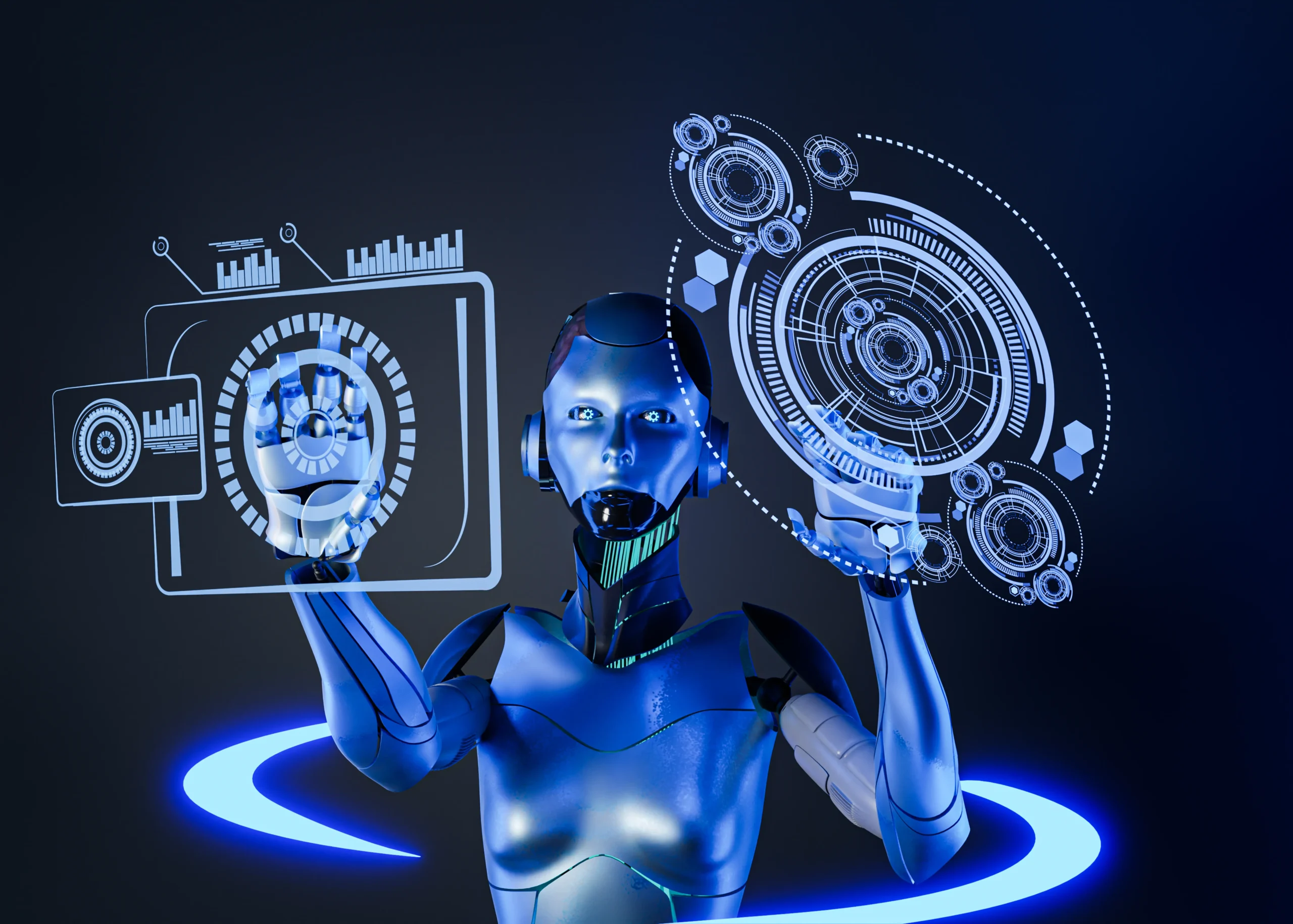
What is AI Automation?
Introduction
AI automation refers to the application of artificial intelligence to automate repetitive, rule-based tasks traditionally done by humans. This technology is at the forefront of digital transformation, helping businesses streamline operations, reduce human errors, and focus on strategic initiatives. From chatbots to robotic process automation (RPA), AI is transforming how industries work, enabling them to achieve higher efficiency.
This blog will explore what AI automation is, its core components, and how it’s revolutionizing different industries.
Understanding AI Automation
At its core, AI automation blends artificial intelligence with automation technologies. Automation handles predefined tasks, while AI adds a layer of intelligence, allowing the system to learn from data, make decisions, and continuously improve performance. This combination results in smarter, more efficient systems capable of adapting to changing conditions.
Key areas where AI automation is making a difference:
- Robotic Process Automation (RPA): Automates repetitive tasks like data entry, invoice processing, and customer service requests. With AI integration, RPA systems can handle more complex tasks.
- Machine Learning (ML): AI models learn from data to make predictions, classify information, or provide recommendations without being explicitly programmed for every scenario.
- Natural Language Processing (NLP): Allows AI systems to understand, interpret, and respond to human language, enabling chatbots, virtual assistants, and automated transcription services.
AI Automation in Different Sectors
- Finance AI automation is helping banks and financial institutions streamline processes such as fraud detection, loan approvals, and customer service. Machine learning models analyze transaction data to detect anomalies, while RPA handles routine tasks like report generation.
- Healthcare AI is transforming the healthcare industry by automating administrative tasks, such as appointment scheduling and patient billing. Additionally, AI-driven diagnostic tools help doctors identify diseases faster and more accurately.
- Manufacturing In the manufacturing sector, AI-powered robots automate tasks like assembly, quality control, and maintenance. Predictive analytics tools help forecast equipment breakdowns, reducing downtime and improving overall efficiency.
Benefits of AI Automation
- Efficiency and Speed AI automation drastically reduces the time it takes to complete tasks. For example, tasks that typically require days to complete manually can be done in minutes with AI-powered tools.
- Accuracy and Error Reduction By removing human involvement in repetitive processes, AI automation reduces the risk of errors. This is particularly valuable in industries like finance and healthcare, where mistakes can have serious consequences.
- Cost Savings While the initial investment in AI automation tools can be significant, the long-term savings in labor costs and improved productivity far outweigh the expenses.
- Data-Driven Decision Making AI automation enables businesses to make informed decisions based on data. With real-time insights and analytics, organizations can respond to changing market conditions more swiftly.
Challenges of AI Automation
- Integration with Legacy Systems Many businesses struggle to integrate AI automation tools with older systems. Legacy infrastructure can slow down the adoption process and limit the effectiveness of AI-powered solutions.
- High Initial Costs Although AI automation saves money in the long term, the upfront costs of implementing these technologies can be a barrier for smaller companies.
- Workforce Displacement Automation has the potential to replace jobs, particularly those involving repetitive, low-skill tasks. Companies need to manage this transition by investing in reskilling and upskilling employees.
The Future of AI Automation
As AI technology evolves, automation will become more intelligent and autonomous. AI systems will likely take on more strategic roles, such as decision-making and process optimization. Industries that embrace AI automation will be better positioned to navigate challenges and capitalize on opportunities in the digital economy.

